Image
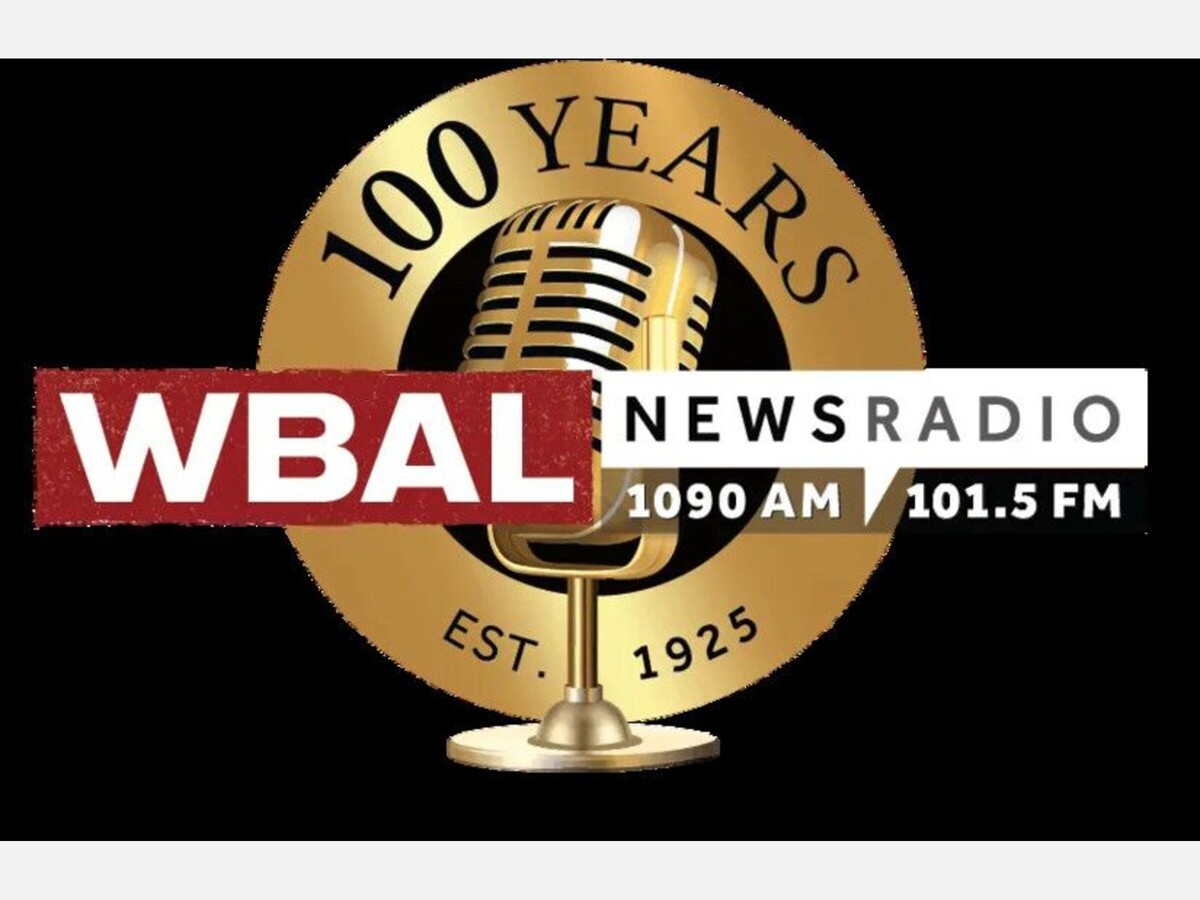
For 100 years, WBAL NewsRadio has brought you the voices you’ve trusted and the conversations that have shaped Baltimore. From breaking news and community conversations to school closings and Super Bowls, WBAL has stood as the city’s reliable companion through every era of Maryland life.
Now, it’s time to celebrate.
Join C4 and Bryan Nehman as WBAL NewsRadio marks a century of broadcasting excellence with a special radio and television event
This special will honor the station’s remarkable journey from its first broadcast in 1925 to today’s vibrant mix of trusted news, talk and sports.
Through archival moments, historic highlights, and interviews with the voices who’ve defined generations, including John Patti, Bill Vanko, June Smith and Cal Ripken Jr., the program captures what makes WBAL NewsRadio not just a station, but a Baltimore institution.
From the legendary Ron Smith, whose “Voice of Reason” guided listeners through decades of local and national change, to Galen Fromme, whose warm baritone announced school closings to generations of Baltimore children, WBAL NewsRadio’s legacy is one of connection, between broadcasters and community.
As former Mayor Kurt Schmoke put it, WBAL NewsRadio, “has always been an institution.”
And as Orioles legend Cal Ripken Jr. reflected, “When you wanted to come back to baseball and substantive radio, you went right to WBAL.”
For a hundred years, WBAL NewsRadio has been there, in living rooms, in cars, on job sites and now, streaming wherever Marylanders go.
This celebration honors not only the voices on the air, but the listeners who’ve been part of the story all along.
Because for a century, and counting, Baltimore has turned to WBAL NewsRadio.
Welcome to 100 Years of WBAL NewsRadio
From the orchestras and radio dramas of the 1920s to the breaking news of today, WBAL News Radio has been Baltimore’s trusted voice for 100 years. Through wars, victories, and unforgettable moments, this station has carried the heartbeat of our city.
This centennial celebration honors the people, programs, and moments that shaped not only our station, but our city and state. Explore rare interviews, timeless broadcasts, and unforgettable stories from the airwaves that have defined generations.
Here’s to 100 years of trusted news, captivating talk, and Maryland pride, and to the listeners who have made it all possible.

The Birth of The Voice
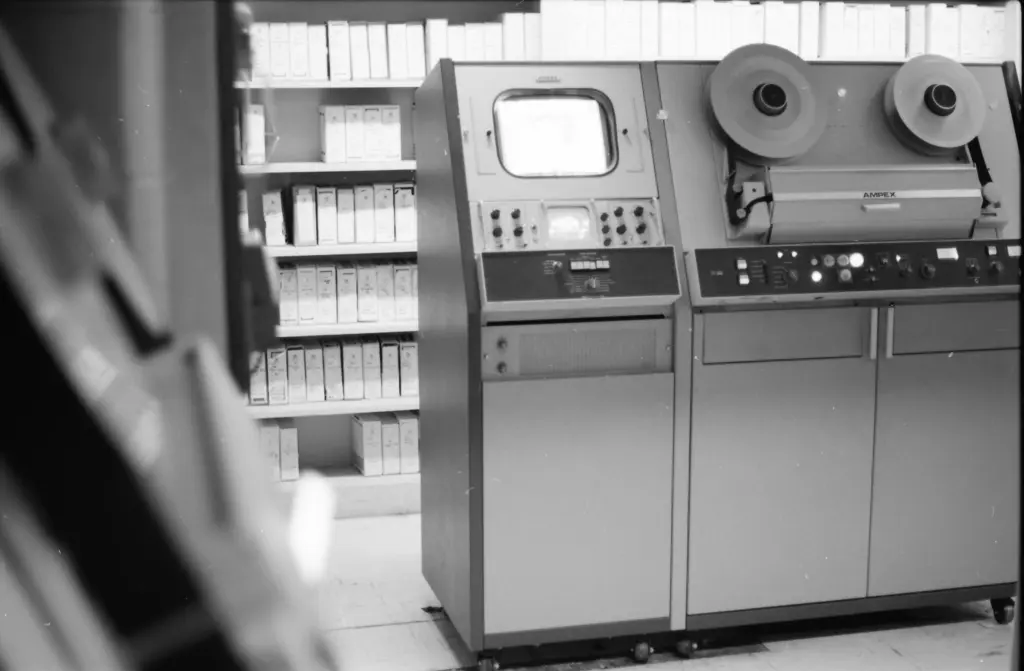
WBAL Radio first signed on the air in November 1925, marking the beginning of what would become one of Baltimore’s most enduring institutions. The station was launched by the Consolidated Gas Electric Light and Power Company of Baltimore, the corporate forerunner of today’s Baltimore Gas and Electric (BGE.)
At the time, radio itself was still a marvel of modern technology. From its original home on Lexington Street in downtown Baltimore, WBAL operated both its studio and transmitter under one roof, a typical setup in the early days of broadcasting.
Engineers worked just steps away from the studio microphone, sending live voices and music straight to the transmitter on the roof, which radiated 5,000 watts of power across the region.
That signal quickly made WBAL one of the strongest and most reliable radio stations in the Mid-Atlantic.
From this modest downtown location, WBAL began broadcasting some of Baltimore’s earliest live concerts, church services, civic programs, and news bulletins, bringing the sounds of the city directly into people’s homes for the first time.
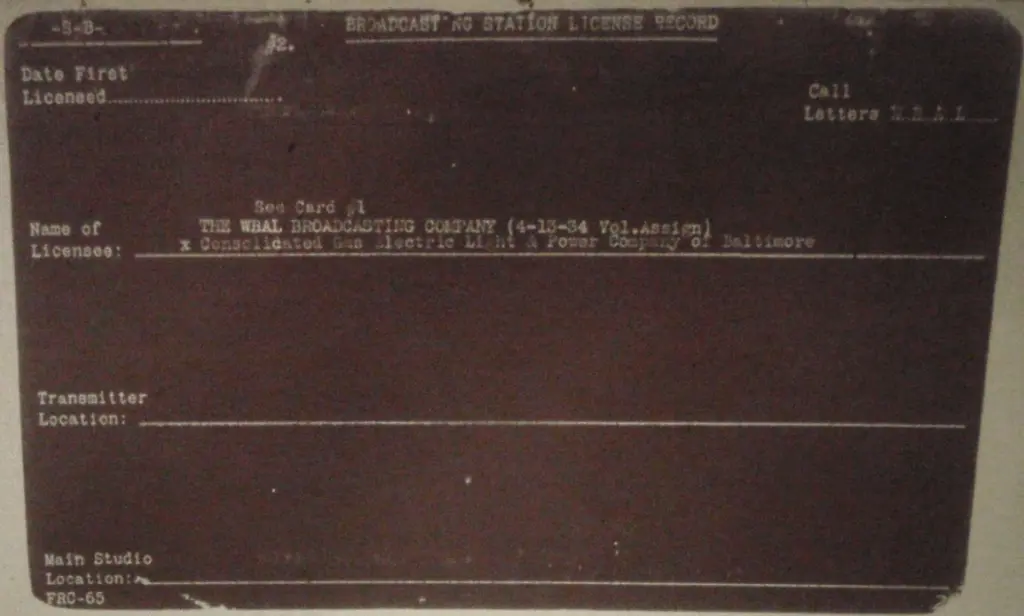
The Man Behind it All
Behind this ambitious venture stood Herbert A. Wagner, president of the Consolidated Gas Electric Light and Power Company.
At a time when electricity itself was still transforming daily life, Wagner viewed radio as a natural next step, a way to “electrify the mind,” just as his company had electrified the city. His belief that broadcasting could strengthen the community and serve the public good became the foundation of WBAL’s mission.
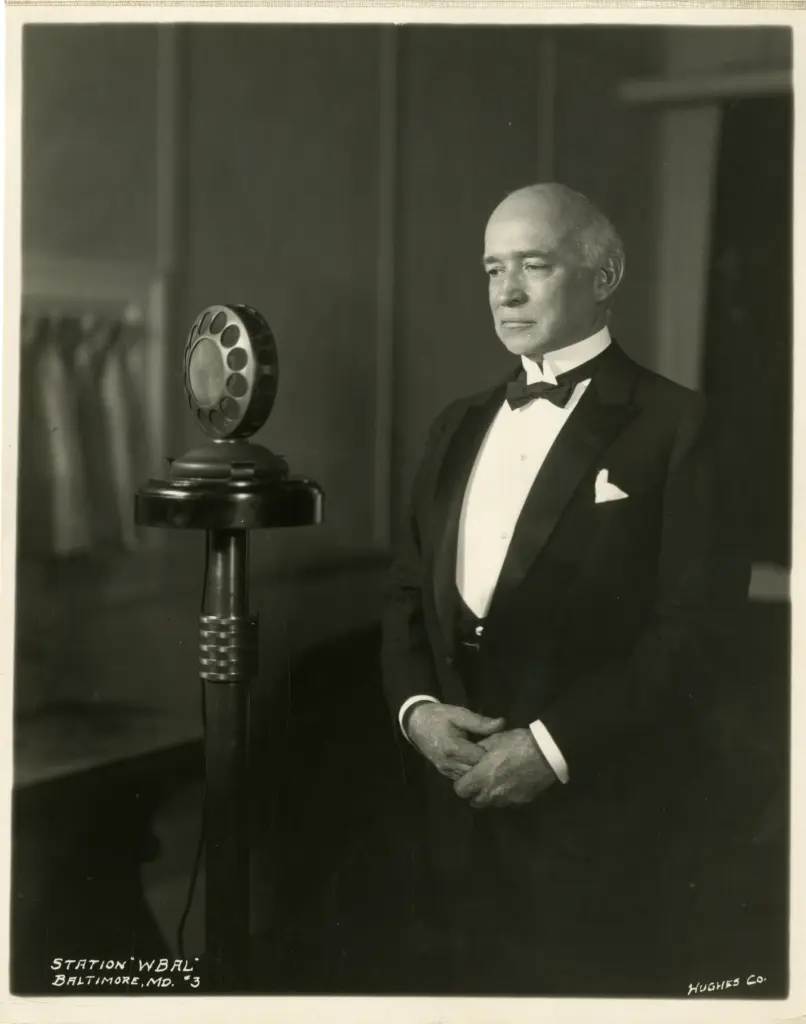
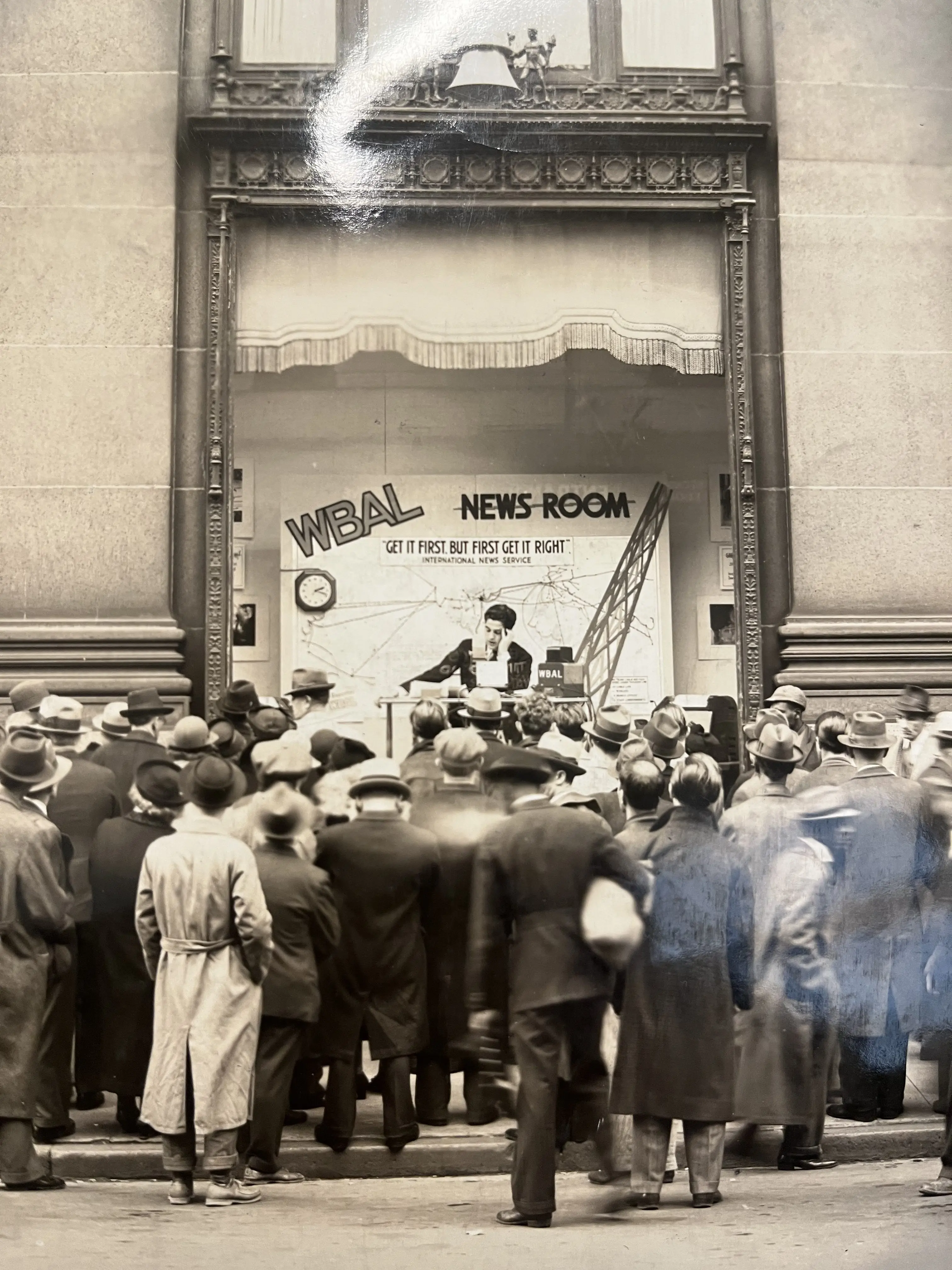
The station also broadcast weather and market reports, educational talks, and speeches by local leaders. Religious programming, especially Sunday services, quickly became a staple.
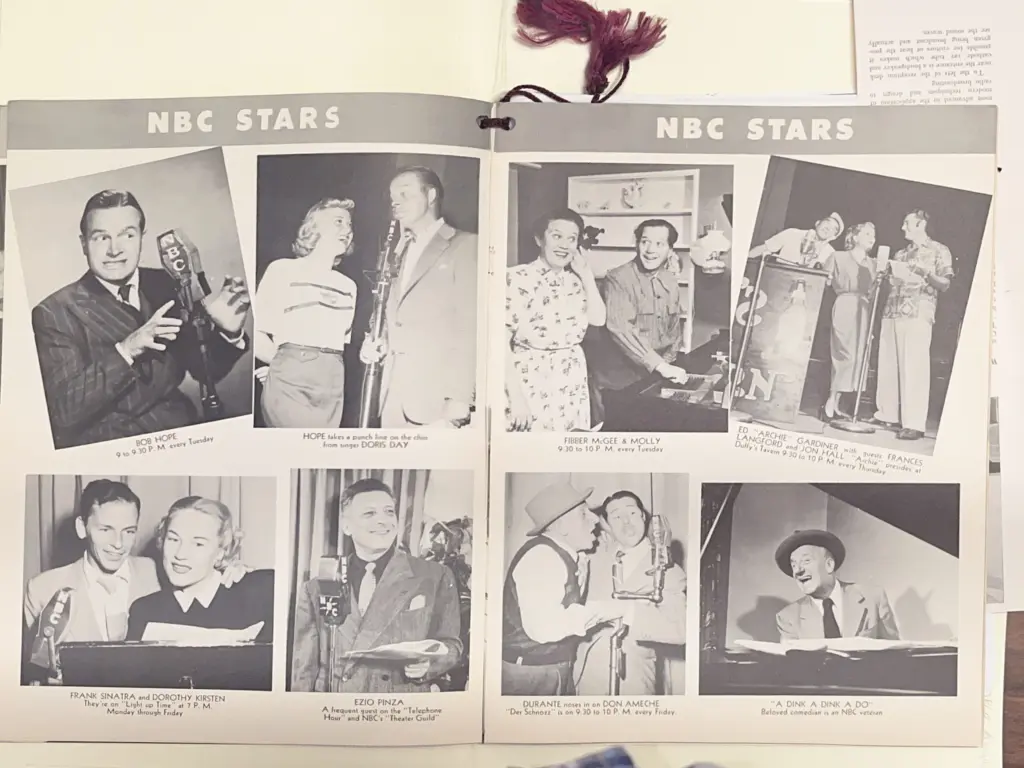
One of WBAL’s most well-known singers was Galen Fromme, whose rich baritone voice made him a listener favorite.
Born in Williamstown, Pennsylvania, Fromme’s path to broadcasting began early as a student and state champion debater who talked his way onto WEEU radio.
Before coming to WBAL, he won the national Major Bowes Amateur Hour, the 1930s equivalent of The Voice or American Idol, which opened doors to stations across the country.
WBAL called in 1939, and Fromme accepted, saying simply, “That sounds like a good place to work.” Initially hired as a singer and variety host earning $35 an hour, he soon found his true calling behind the news desk. By 1942, Fromme had become WBAL’s news editor, writing, reading, and delivering nearly every broadcast himself.
The First Home
WBAL Radio’s first home was a modest studio on Lexington Street in downtown Baltimore, where the station made its inaugural broadcast in November 1925. Operating with just a handful of employees and primitive equipment, those early studios embodied the pioneering spirit of radio’s infancy.
From that Lexington Street address, WBAL began its remarkable journey to becoming the voice of Baltimore.
Early Programming
WBAL’s earliest schedule consisted of live music, civic talks, church services, and news bulletins. Musical programming ranged from organ recitals to performances by the “WBAL Little Symphony Orchestra.”
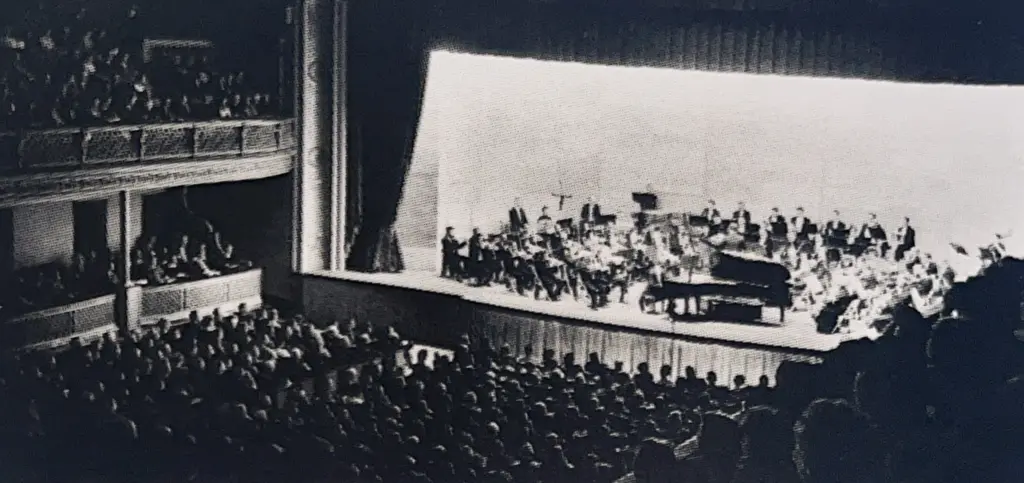
Long-time WBAL reporter John Patti also recalls the station’s musical era. When he joined WBAL on February 4, 1984, the programming still reflected its rich heritage, an easy blend of news, conversation, and what Patti called “middle of the road” music.
According to Patti, between reports on the day’s headlines, listeners could still hear the smooth sounds of Frank Sinatra, Tony Bennett, and other popular standards that had defined WBAL’s soundtrack for generations.
“But it didn’t take long before AM radio realized FM was better for music,” he said. “That’s when we shifted toward news and talk.”